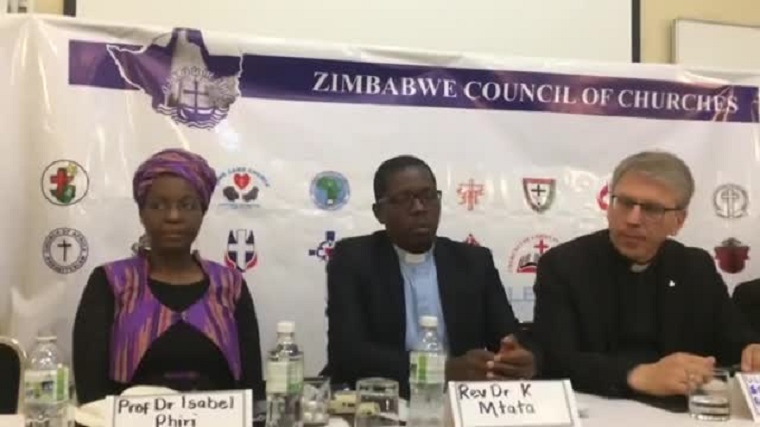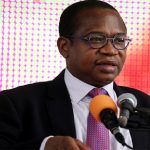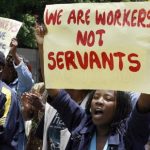- Having looked at these issues in a holistic fashion, the Church leaders have observed that the current environment does not allow for meaningful political reforms nor is it conducive for inclusive economic participation for ordinary citizens.
Such an environment of toxic political relations also renders our international re-engagement process futile, which international isolation inhibits investor confidence and slow economic growth.
Such a polarized environment weakens respect for national institutions such as the courts, the police and the security sectors.
Once such institutions are viewed as partisan and lacking in independence, it becomes impossible to elicit cooperation among the policy and political actors to drive a national reform process in the best interests of the nation.
- The Church leaders have also realized that since 2000, election periods have been characterized by violence and paralyzing polarization and have helped to provoke high levels of mistrust.
On one hand, the ruling party has blamed the opposition for selective recognition of electoral processes and for celebrating when results go in their favour while crying foul when results go in favour of the incumbents.
On the other hand, the opposition has continued to point to gross human rights violations and the skewed political playing field.
Different observers and independent commissions have raised the need for a broad-based and comprehensive national dialogue to find a lasting solution to these challenges and mutual accusation.
What has not been proposed is the environment conducive enough to allow for such transformative national conversation to bring hope. It is such a solution the Church is humbly proposing to the nation.
- While all the political bickering is continuing, the basic concern for the ordinary citizen across the political divide is to get on with their personal development.
In the current context, the citizens have grown weary from struggling against the never-ending waves of electoral polarization that undermine their hard work, disrupt community building and erode progress.
The danger is that the more citizens lose confidence in democratic processes such as elections, the more apathetic they will become, and the less representative political offices will become.
We must rescue this situation by providing, not yet other piecemeal solutions. What we need is a proper break with the current paralysis and move towards real renewal and transformation.
Continued next page
(267 VIEWS)


